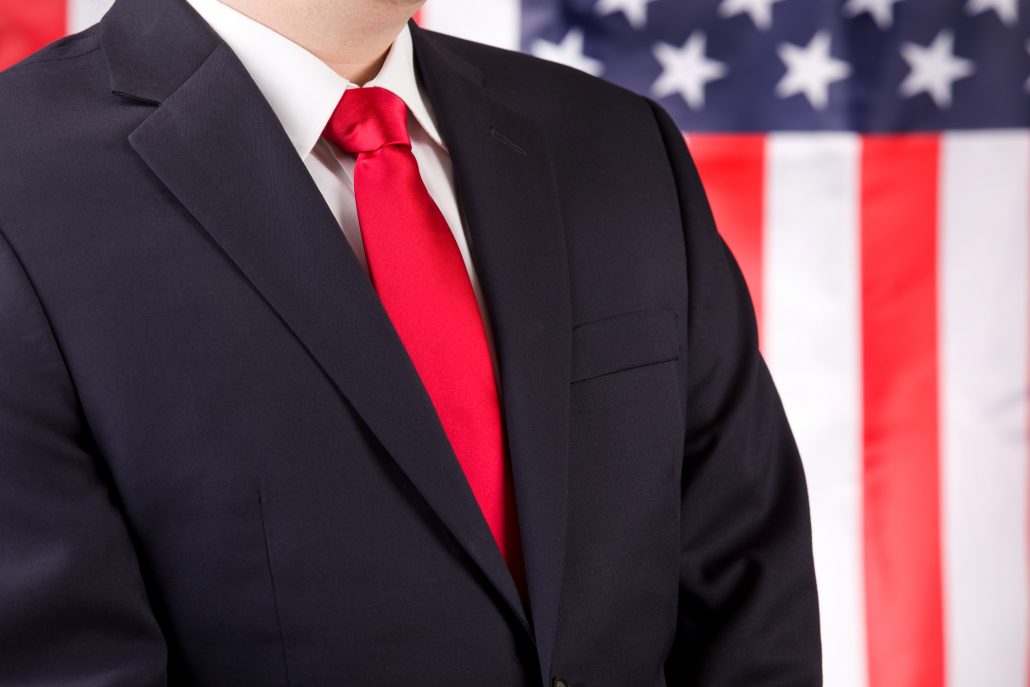President Trump Declares Public Health Emergency: What’s the Plan?

All day people all over the country have been waiting for President Trump to make his formal announcement of the opioid epidemic as a national emergency. Finally, the time for the event at the White House has come, but the announcement has some wondering if enough is being said. So we want to take a little bit of time to talk about some of the highlights from the president’s announcement.
President Donald Trump did give a detailed speech regarding many efforts that are being pursued to combat the opioid epidemic in America. Yet, some are saying that he didn’t say enough about how these resources would be funded, pointing out his declaration was for a Public Health Emergency.
So what does it all mean? Why does the difference matter?
Public Health VS National Disaster
To be clear, both are forms of national emergency declarations. What is the big deal? Well, the difference is the scope and funding that comes with address each order. So today, President Trump, through the Public Health Services Act, directed his acting secretary of health and human services to declare a national health emergency. According to a senior White House official, this designation that will not automatically allocate additional federal funding for the crisis.
If the president has utilized the Stafford Disaster Relief and Emergency Assistance Act, otherwise calling the opioid epidemic a national disaster, the federal government would have been able to immediately tap into funds from the Federal Emergency Management Agency’s Disaster Relief Fund to combat opioids.
Some may say this move was made since the Stafford Act is traditionally used for natural disaster relief, such as with recent Hurricanes Harvey, Irma and Maria. President Trump and President Obama’s administration officials both say that using the Stafford Act would have been too broad and put an unwarranted burden on the Federal Emergency Management Agency’s Disaster Relief Fund. Which seems somewhat likely, since this fund is already being depleted by recovery efforts from the three major hurricanes that hit the United States this year.
Overall, it seems many officials from this and the previous administration feel that a Public Health Emergency was a more appropriate choice out of the two.
What Will Public Health Emergency Do?
The order from President Trump will do some good, including:
- Expanding access to telemedicine to get treatment for those in rural areas
- Instructing agencies to limit bureaucratic delays for dispensing grant money
- Secure Department of Labor grants for the unemployed
- Shift funding for HIV and AIDs programs to provide more substance abuse treatment for people already eligible
- Expands Narcan access
The nationwide health emergency that Trump ordered is more direct but comes with less immediate action.
According to Senior White House officials, they will be following up by working with Congress to get more money for the Public Health Emergency Fund. Which is a good start, since critics are quick to point out there is only $57,000 in this fund.
It is also said to increase federal funding in year-end budget deals currently being negotiated in Congress. In fact, Democratic Pennsylvania Senator Bob Casey introduced a bill this week that would provide $45 billion for opioid abuse prevention, surveillance, and treatment over 10 years. But will it ever see the light of day?
The President Trump Plan: Pros
There were various parts of the speech from President Trump that did hint at some interesting ideas. Some pros and some cons include:
-
Expanding Treatment Options
Possibly one of the bigger moves here is that President Trump said his administration would also be working to reduce regulatory barriers that prevent people from getting treatment, such as one that bars Medicaid from paying for addiction treatment in residential rehab facilities larger than 16 beds.
If the president can remove some of these hurdles, more people may have access to better options for treatment.
National Institute of Health has taken the first steps of instituting a public-private partnership that will be working toward research and resources including:
- New treatment for addiction
- New treatment for overdose
The president also said,
“We are already distributing nearly $1 billion in grants for addiction prevention and treatment. And over $50 million to support law enforcement programs that assist those facing prison and facing addiction.”
-
Indictments
For one, Trump said that the Department of Justice is bringing indictments against Chinese drug traffickers responsible for bringing deadly synthetic opioids like fentanyl into the country.
Another interesting announcement made by President Trump is that the federal government will soon be bringing major lawsuits against people and companies that are involved in the overprescribing and other shady practices concerning prescription drugs.
-
Pulling Dangerous Prescription Drugs
Trump also says the FDA is now requiring drug companies that manufacture one high-risk opioid, Opana ER, be withdrawn from the market immediately. He states,
“We are requiring that specific opioid, which is truly evil, to be taken off the market immediately.”
President Trump also states his administration will also be pushing for the development of non-addict pain medications.
The President Trump Plan: Cons
President Trump did in many cases acknowledge some useful aspects of combatting the epidemic. But, there were also some ideas that continue to fall short of innovative.
-
Advertising
President Trump is also emphasizing the use of a “Massive advertising campaign” to keep young people from doing drugs in the first place. President Trump said-
“- they will see the devastation and ruination it causes to people and people’s lives.”
“The fact is if we can teach young people, and people generally, not to start, it’s really, really easy not to take them. And I think that’s going to end up being our most important thing. Really tough, really big, really great advertising.”
While prevention and education are extremely important, many criticize this strategy saying that these old tactics of “Just Say No” and the D.A.R.E. program just don’t work. This advertising might have been useful if focused on treatment options, but if it is more of the scare tactics of “Refer Madness” then we probably won’t see much improvement.
-
The Wall
The Commander in Chief also took this opportunity to promote the building of the wall between the United States and Mexico, stating:
“90% of the heroin in America comes from south of the border, where we will be building the wall, which will be greatly helping this problem!”
He took time in his speech to highlight the need to “breaking up gangs and distribution efforts” as a primary way to curb the epidemic.
Of course, the wall is often an issue of contention. Many experts have argued since President Trump proposed this as the key element of his war on opioids that attacking the supply has never worked with preventing the spread of addiction. And even if it did, many believe the wall will do little to prevent drugs from being brought into America from south of the border.
-
Funding
Some experts are still saying this is not a proper plan because while it does allow federal agencies to move grant money, it establishes no immediate funding for a crisis that killed over 64,000 Americans last year.
Meanwhile, the GOP-controlled House of Representatives today narrowly passed a Senate-approved budget resolution 216 to 212, that some experts claim will cause all $1 trillion cut to Medicaid and $500 million cut to Medicare. Many recovery advocates fear that with the ambiguity concerning health care coverage there will not be enough resources in time to provide treatment to those in need.
Some representatives still believe more funding needs to be committed to the issue, while others say that many people struggling with addiction don’t have health insurance and that more must be done to expand coverage.
Moving Forward
The chairman of President Trump’s opioid commission Chris Christie commended the president, calling his announcement a “bold action” to address the opioid crisis. The opioid commission will present a comprehensive plan next week with the final report on November 1st.
No matter what your opinion at this point, we can all agree we need to be moving forward. This means taking an honest look at what is working and what isn’t. Still, the fact that the highest office in the nation has taken the time to address the issue in such terms is hopefully a sign of dramatic change on the way. Only time will tell how this latest move from President Trump will truly impact the opioid epidemic. For now, there is sure to be plenty of debate over the weight of today’s statements and how they will influence policy. There are some promises to be kept, for sure.


